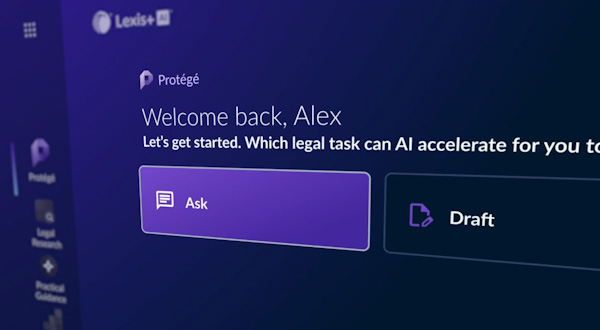Why a federal judge ruled against the DACA program protecting some immigrants from deportation

Image from Shutterstock.
President Joe Biden said Saturday the U.S. Department of Justice will appeal a judge’s determination that the Obama administration exceeded its authority when it moved to protect immigrants brought to the country illegally as children.
U.S. District Judge Andrew Hanen of the Southern District of Texas ruled Friday, report Courthouse News Service, Politico, the New York Times and the Washington Post.
The program, Deferred Action for Childhood Arrivals, defers deportation and grants work permits for some immigrants who arrived here before age 16. To qualify for the DACA program, immigrants must have clean criminal records and meet other educational or military service requirements.
Hanen said the DACA program is unlawful for two reasons. First, Hanen said, the administration failed to use a formal notice-and-comment procedure required by the Administrative Procedure Act before adopting DACA. Second, Congress has not granted authority to the U.S. Department of Homeland Security to implement the program.
Hanen said he was vacating the DACA program, but the ruling was temporarily stayed as to current DACA recipients pending further action by himself or higher courts. He said hundreds of thousands of DACA recipients have relied on the program for almost a decade, and “that reliance has not diminished and may, in fact, have increased over time.”
Hanen allowed the DHS to accept applications for renewals and for new DACA applicants but said the DHS can’t grant any new DACA applications. He also said his order doesn’t require the government to deport, prosecute or take action against any DACA recipient or DACA applicant it would not otherwise take.
Hanen ruled in a suit challenging the program by Texas and eight other states. Hanen said the states had standing partly because they spend money providing services to DACA recipients.
Hanen said the program could not be defended as a measure protecting the immigrants pending congressional action.
“Given the nine-year history of failed legislation in Congress, it is an inescapable conclusion that DACA is not interstitial to any congressional action,” Hanen said. “The executive branch cannot just enact its own legislative policy when it disagrees with Congress’ choice to reject proposed legislation.”
Hanen previously blocked an expanded version of DACA, along with a separate program for parents. That injunction was upheld when the U.S. Supreme Court split 4-4 on the issue, leaving an injunction in place.
The Trump administration sought to rescind the program. But the Supreme Court ruled in 2020 that the decision was arbitrary and capricious, and the DHS must “consider the problem anew.”
Write a letter to the editor, share a story tip or update, or report an error.


